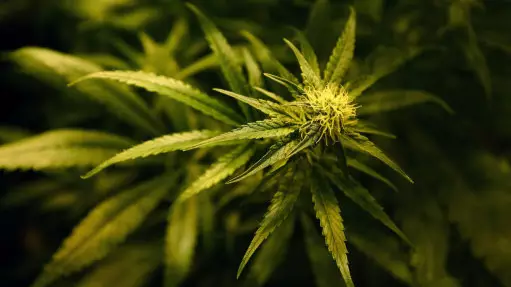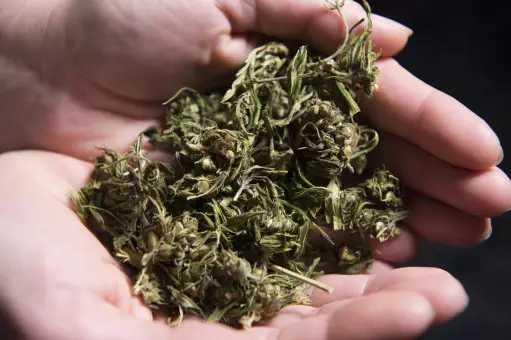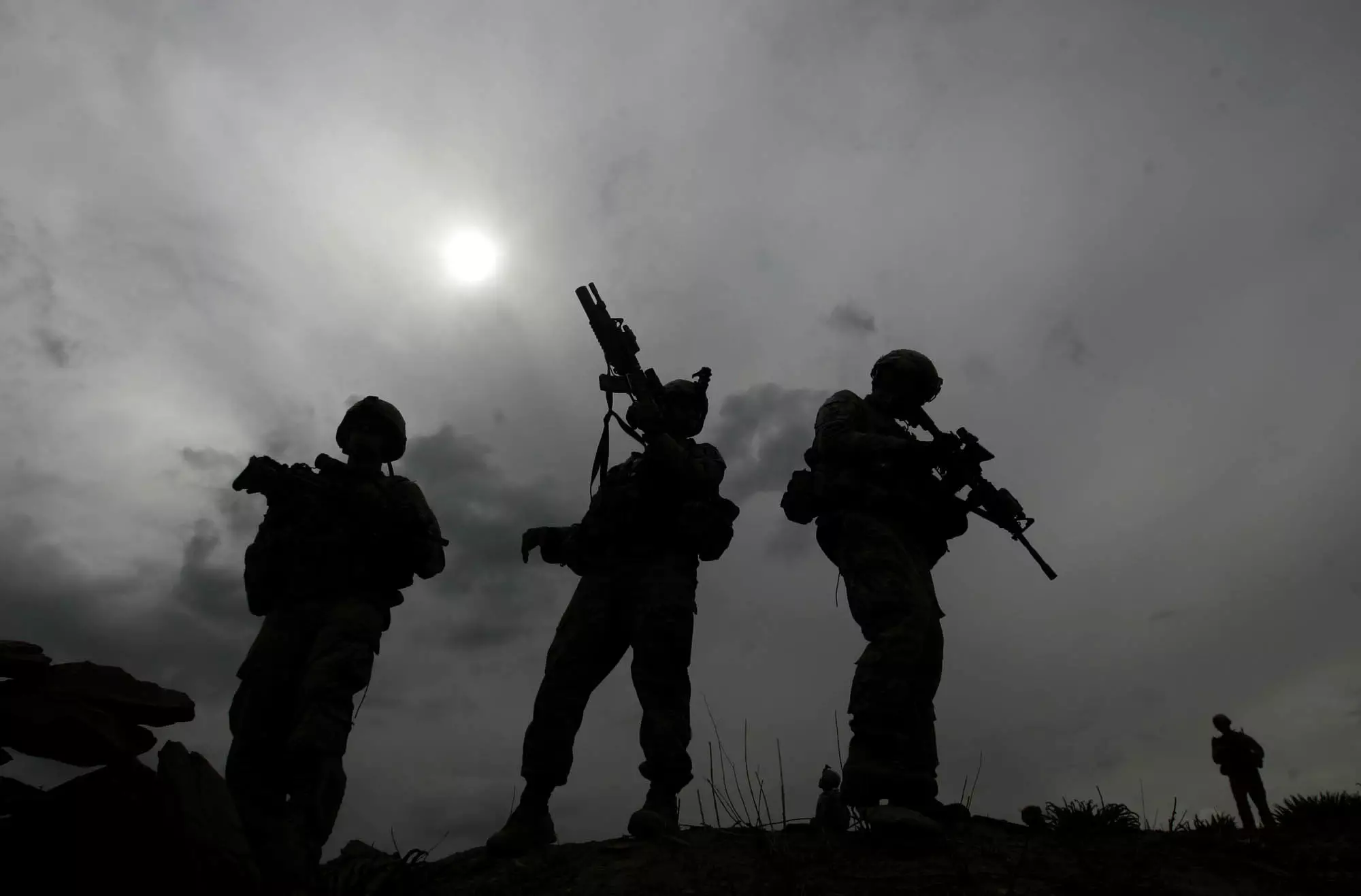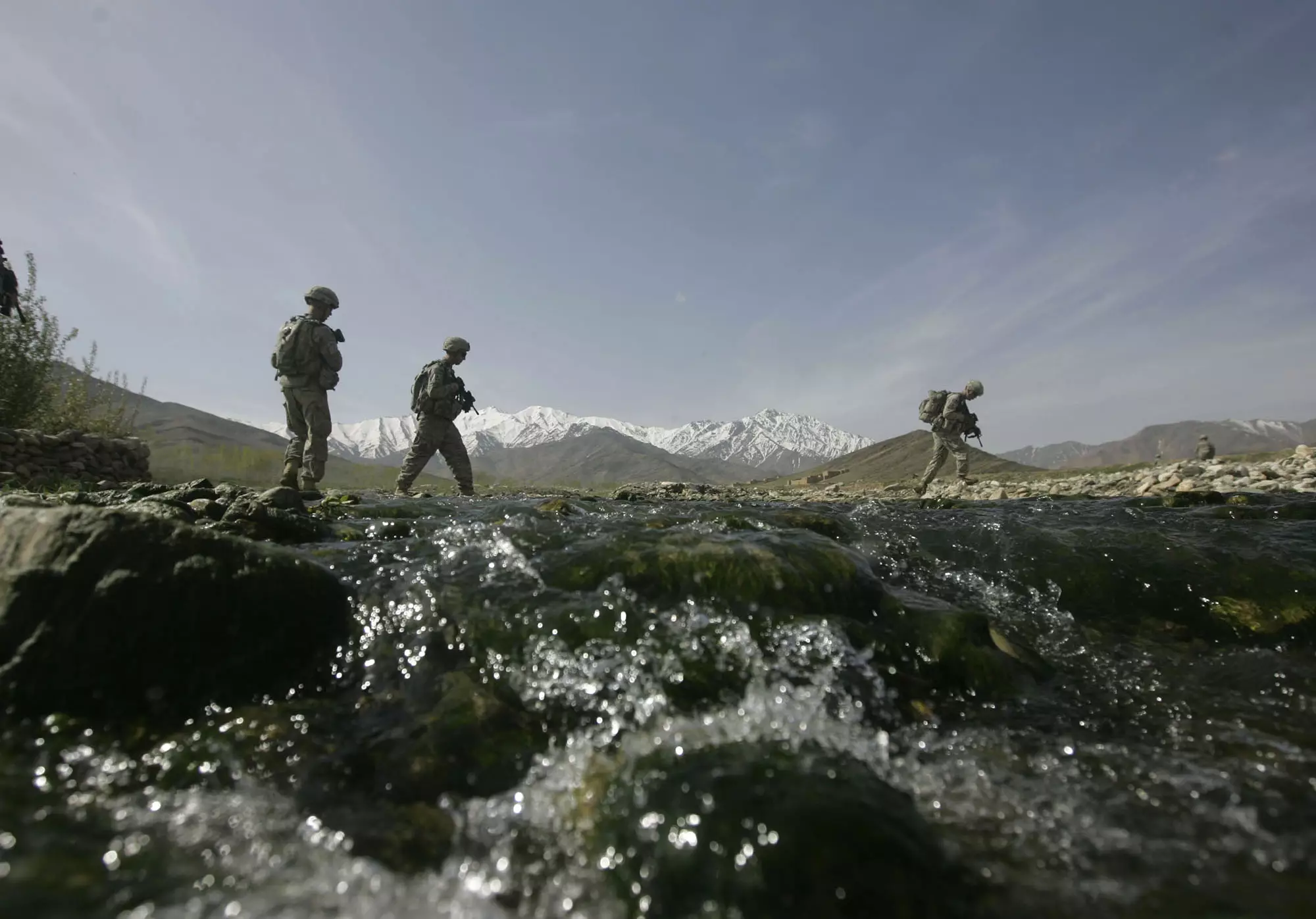
After a seven year wait, a cannabis trial for veteran's with post-traumatic stress disorder (PTSD) has been approved by the US Food and Drug Administration (FDA), Vice has reported.
A research and educational non-profit organisation, the Multidisciplinary Association for Psychedelic Studies (MAPS), spent the last seven years advocating for a FDA-approved trial investigating weed as a treatment for PTSD.
The organisation was finally able to begin enrolling veterans to a trial February. They have so far signed up 12 volunteers onto the programme.
Advert
In 2015, a year after the end of the conflict in Afghanistan, it was claimed an average of six British military veterans per day were coming forward with Post-Traumatic Stress Disorder (PTSD). Mental health issues had also risen by 26 percent compared to the previous year.
And in the US it is estimated 11 to 20 percent of the US veterans who invaded Afghanistan in 2001 and Iraq in 2003 have post-traumatic stress disorder (PTSD).

Credit: PA Images
The condition is a psychiatric disorder that can occur after witnessing extremely distressing events - like military combat - and can cause significant distress across a variety of symptoms, including flashbacks, emotional numbing, nightmares, outbursts of anger, depression and anxiety.
Back in February, a former SAS veteran broken cover to warn LADbible that the mental health challenge facing soldiers today present a 'ticking time bomb' which could have serious implications.

Credit: PA Images
The former SAS officer, whose identity LADbible cannot reveal, believed that it's how the armed forces are being used today that's largely responsible.
"The tempo of war in Afghanistan was a massive factor when you look at the increased rates of PTSD we're seeing today," he says passionately. "If you're always fighting, then you become fried and you just never quite recover. There is no conscious decompression, no time to come to terms with loss of comrades or difficult incidents.
"I knew a couple of snipers in Afghanistan that ended up being fried. They had everything thrown at them and no respite, so subsequently they just had nothing left. You could see it in their eyes, and I don't think they would have ever been the same again. Add that to the type of wars we're fighting - long, drawn out, political affairs with no real end game or victory - and the mental toll is enormous. We're talking long-term damage to fighting spirit and morale."
But the soldier's knowledge of PTSD and other mental health issues extends back much further than Afghanistan - and is also much more personal. In 1982, after joining the army, he was deployed to the Falklands having turned just 20 years old. It was an experience that would forever change him.

Credit: PA Images
Advert
"Going to war was a major event in my life and had a profound effect on me," he explains. "I didn't realise it at the time but high levels of fear and anxiety kicked in, and I was in a bad way after that war. Straight afterwards, not knowing or understanding what I was going through, I just ploughed on with my job. Then I collapsed one day and developed cardiac arrhythmias. At night, I couldn't switch the light off for fear of the dark. But I hid all of this, and suppressed it all with sheer willpower. I didn't know what else to do back then."
Over the last decade, the Ministry of Defence has incorporated information about mental health issues on many of the armed forces websites. Awareness, diagnosis and treatment rates have all significantly increased, too.
Currently, the Duke and Duchess of Cambridge, alongside Prince Harry, are also working with Heads Together in a bid to further remove the stigma surrounding mental health and get people talking about it.
Advert
Many veterans suffering from the psychiatric disorder self-medicate with cannabis already, however there is no evidence at this time that marijuana is an effective treatment for PTSD.
However, this lack of evidence could be due in part to a lack of research into the drug's effectiveness, hence the study. The trial presents a potential solution and one that MAPS believes is worth exploring.
Featured Image Credit: PA ImagesTopics: Cannabis